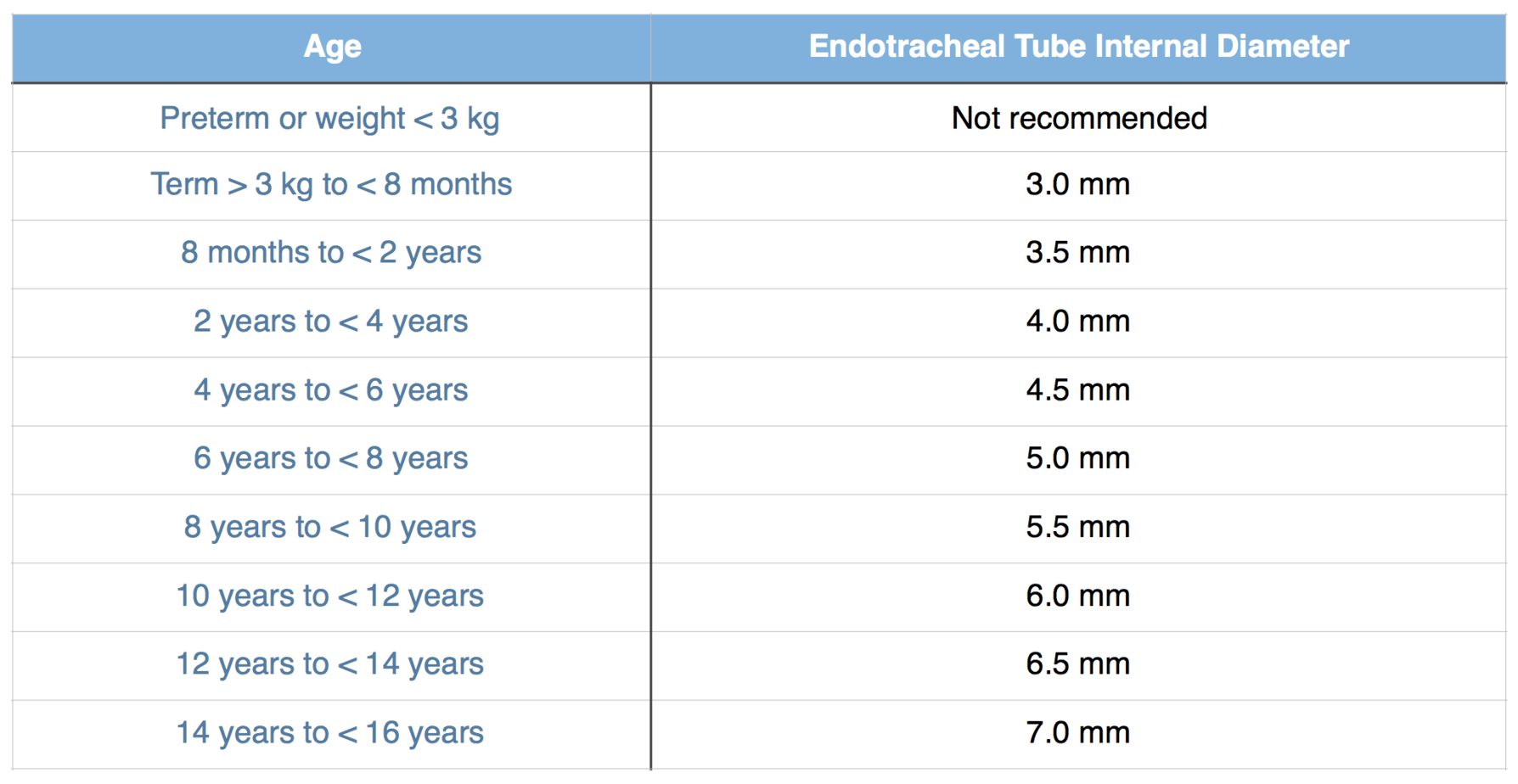The Role of Veterinary Labs in Protecting Pet Health
The Role of Veterinary Labs in Protecting Pet Health
Blog Article
Caring for your dog or cat’s health helps them thrive. Animal diagnostic labs specialize in pet health testing for pets such as cats and dogs.
This article, we’ll examine how pet diagnostic centers work, what tests they offer, and why regular diagnostic testing is important.
Understanding the Role of Veterinary Testing Centers
Diagnostic services for pets specialize in analyzing illnesses and diseases in animals. They support veterinarians to monitor health conditions.

Their operations typically involves:
- Sample collection: Key biological materials are retrieved during vet visits.
- Laboratory analysis: Sophisticated machines run tests on the materials.
- Diagnosing the findings: The lab provides detailed reports to the veterinarian for custom care strategies.
Common Veterinary Tests for Pets
Animal health services offer a variety of tests to detect potential problems. Popular diagnostic services include:
- Blood tests: Check for chronic conditions.
- Urine screenings: Assess kidney function.
- Digestive system checks: Evaluate gut health.
- Dermatological evaluations: Identify environmental triggers.
- Imaging services: Check for fractures.
Why Regular Testing is Important for Your Pets
Ongoing health monitoring plays a key role in detecting issues early. Proactive health checks allows for better outcomes.

Why regular testing matters include:
- Improved health outcomes: Customized solutions for your pet’s needs.
- Knowing your pet is cared for: Catch issues before they worsen.
- Avoiding expensive treatments later: Prevent costly procedures.
laboratorio veterinario abc
laboratorio de analises clinicas veterinariaslaboratorio vet
Why Veterinary Testing is Essential for Cats and Dogs
Investing in diagnostic tests for your furry companions keeps them happy and healthy. Animal diagnostic centers help identify issues early to create personalized care plans.
Schedule a diagnostic test today to give them the best care possible!
Report this page